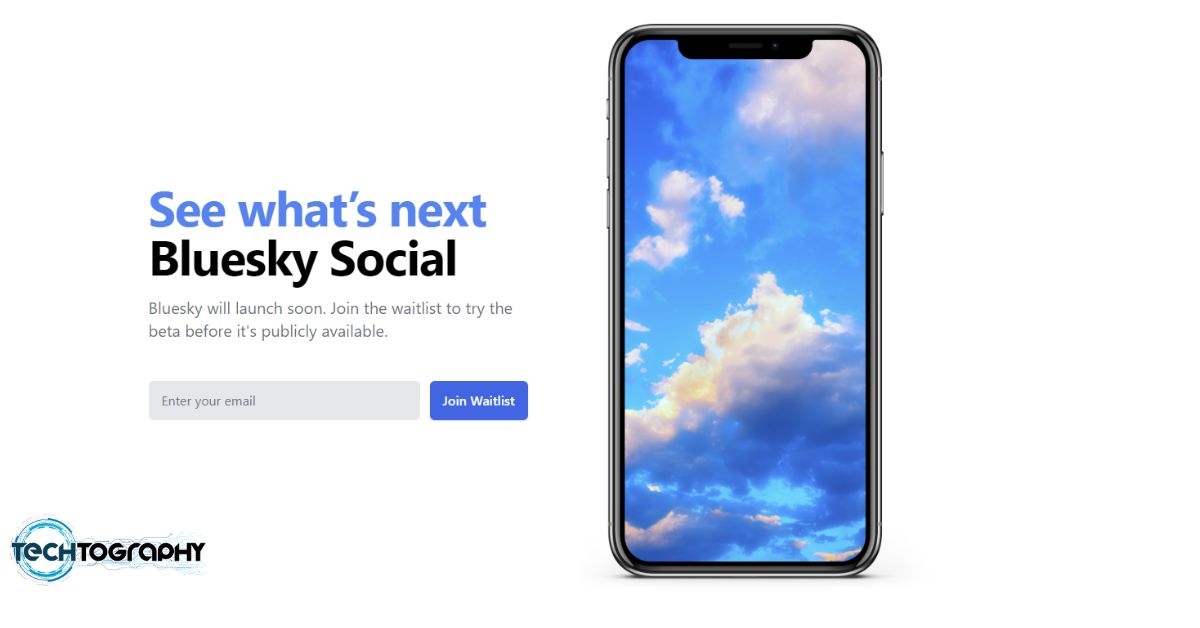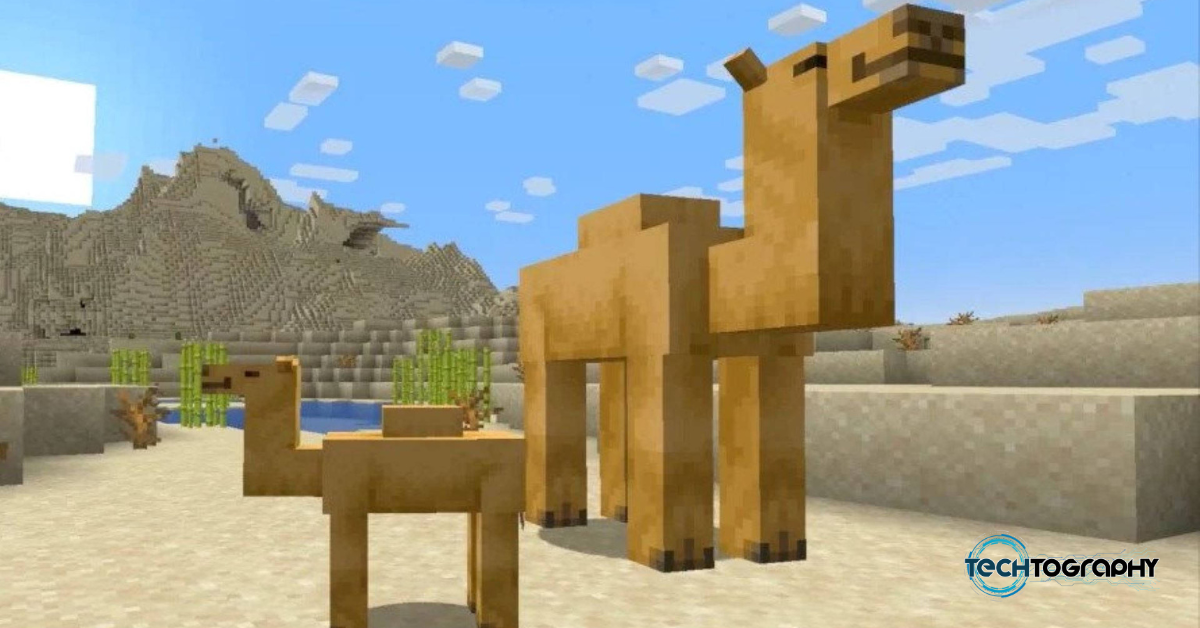It’s been a while since Elon Musk bought Twitter, and various alternatives have sprung up, but none have captured attention quite like Bluesky. With around 50,000 users and counting, this invite-only decentralized social app has sparked interest and hype. So, what exactly is Bluesky and how does it work?
Bluesky, conceptualized by former Twitter CEO Jack Dorsey, is a decentralized social app developed alongside Twitter. With a similar interface, Bluesky features an open-source framework called the AT Protocol, offering transparency into its development process. Dorsey initially introduced the project in 2019, aiming to create a decentralized standard for social media that Twitter could adopt. However, since Musk’s acquisition of Twitter, Bluesky has been completely separate from the platform.
To use Bluesky, invited users create a handle and a display name, then interact with the app much like they would on Twitter. Users can post updates with a 256-character limit and attach photos, as well as engage with others by replying, retweeting, liking, or sharing posts. The app also features a “Home” timeline, a “What’s Hot” timeline, user profiles, and a “Discover” tab for suggested users to follow.
Getting an invitation to Bluesky requires knowing someone already on the platform, as existing users receive one invite code every two weeks. Bluesky’s team uses the invite code system to monitor the social graph and reward trustworthy participants with more invites to share.
Some notable figures, like Representative Alexandria Ocasio-Cortez (D-NY) and NPR, have already joined Bluesky. While the app functions much like Twitter, it lacks some advanced features like direct messaging and account lists. Bluesky is also decentralized, in contrast to Twitter.
Available for both iOS and Android devices, the app is free to use and invite-only. With plans to become federated, Bluesky aims to allow endless individually operated communities within its open-source network, enabling users to switch between social apps using the AT Protocol without losing followers or data.
As Bluesky continues to grow, it distinguishes itself from competitors like Mastodon by offering a more intuitive user experience. The future will reveal if this decentralized social app can truly replace Twitter as the go-to platform for online conversation.






